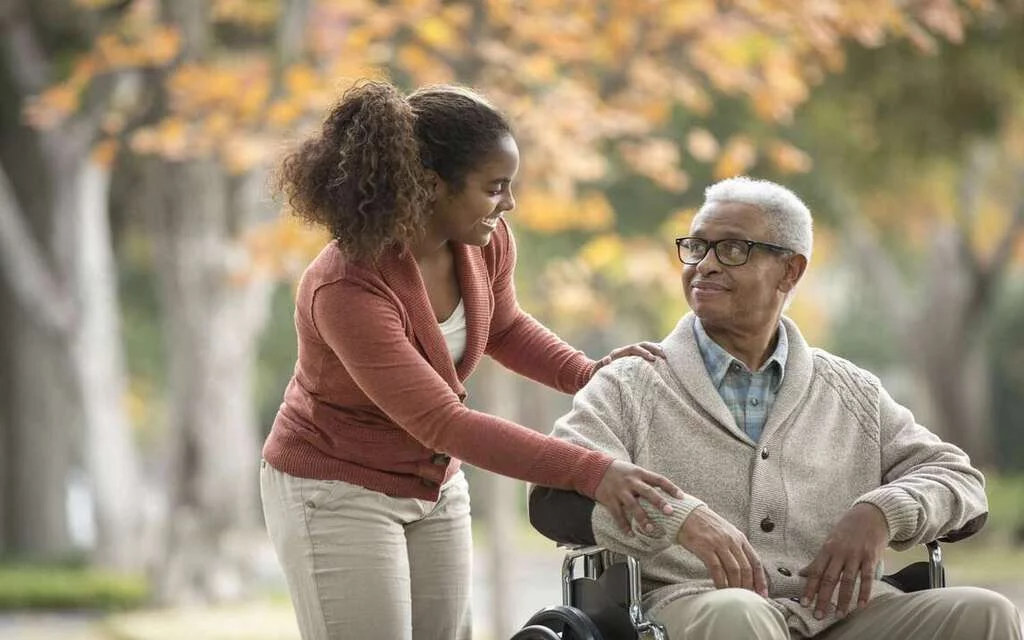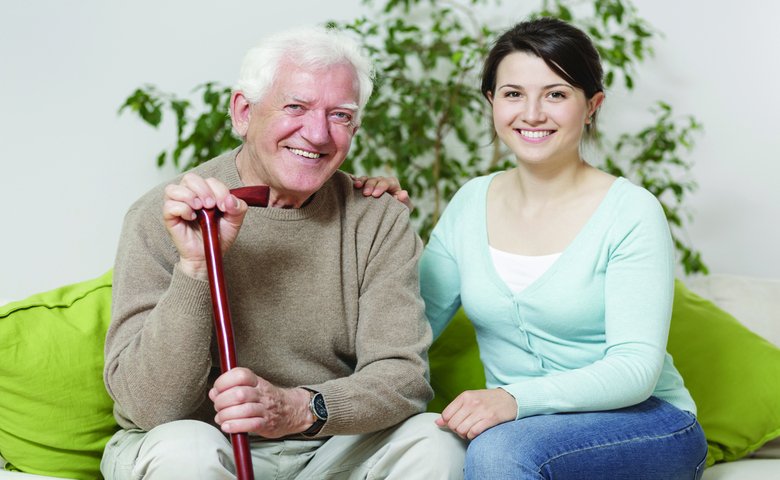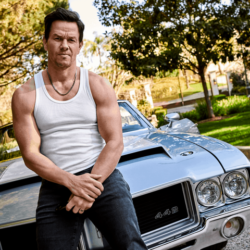The concept of “aging gracefully” is one that has been celebrated and revered across cultures for centuries. Yet, in our fast-paced, modern world, the elderly are sometimes overlooked or marginalized, and their value to society can be underestimated. In a world that often prioritizes youth, it’s crucial to remember “Why We Should Care Our Elders” and appreciate their invaluable contributions to our lives and culture. It is crucial, however, that we recognize the significance of caring for our elders.
Table of Contents
Why We Should Care Our Elders?
Understanding “Why We Should Care Our Elders” is essential for preserving wisdom, maintaining family bonds, and fostering a compassionate community. In this article, we will explore the reasons why we should care for our elderly population and the myriad benefits that arise from doing so.
Wisdom and Experience
One of the most compelling reasons to care for our elders is the vast reservoir of wisdom and experience they possess. They have lived through decades of change, hardship, and success. By engaging with them and listening to their stories, we gain insights into the history and lessons of our own society. Their experiences can serve as invaluable guidance in both personal and societal matters.
Maintaining Family Bonds
Family is the cornerstone of society, and nurturing strong family bonds is vital for its health and prosperity. Caring for our elders not only strengthens intergenerational relationships but also provides a sense of belonging and emotional support. Elders have often played significant roles in raising and nurturing the younger generations; now, it’s our turn to give back with love and care.
Psychological Well-being
Caring for our elders benefits not only them but also us. Numerous studies show that individuals who provide care to elderly family members experience a sense of purpose and fulfillment. This act of caring can alleviate feelings of isolation and depression, contributing to improved psychological well-being for both the caregiver and the elder.
Preserving Cultural Heritage
Our elders are living archives of cultural traditions, customs, and stories. When we care for them, we help preserve these important aspects of our heritage. This knowledge is crucial in maintaining cultural identity and sharing it with younger generations, ensuring the preservation of traditions that might otherwise be forgotten.
Reducing Social Isolation
Elderly individuals can often feel socially isolated due to factors such as physical limitations, the loss of friends and loved ones, and changing family dynamics. By actively caring for our elders, we provide them with the much-needed social interaction and companionship. This not only improves their mental and emotional well-being but also enriches our own lives through meaningful connections.
Encouraging Healthy Aging
Physical health and well-being are intrinsically linked to emotional and psychological health. By caring for our elders, we promote healthy aging and encourage them to maintain an active lifestyle. Providing assistance with daily activities, ensuring regular medical check-ups, and encouraging exercise can all contribute to their overall well-being.
Setting a Positive Example
Caring for our elders sets a positive example for future generations. It teaches compassion, empathy, and respect for our elders. Children and young adults who witness their parents or caregivers taking care of elderly family members are more likely to carry these values forward, ensuring a culture of respect for the elderly continues to thrive.
Why Elder Care is Important?

Elder care, often referred to as senior or geriatric care, is a critical aspect of any society that deserves our utmost attention and respect. As our world’s population ages, the need for effective elder care is more significant than ever before. In this article, we will explore the reasons why elder care is important, not only for the elderly themselves but for the well-being of society as a whole.
Dignity and Respect: One of the most fundamental reasons why elder care is important is the preservation of human dignity and respect for our elders. The elderly have contributed to society, raised families, and worked hard throughout their lives. Providing care in their later years is a way of honoring their lifetime of achievements and sacrifices.
Health and Well-being: Elderly individuals often face various health challenges, both physical and mental. Proper elder care ensures access to regular medical check-ups, medications, and treatments. It can also include assistance with daily activities, such as bathing, dressing, and meal preparation, which can significantly improve their overall quality of life.
Emotional Support: Loneliness and social isolation are common issues among the elderly, which can lead to depression and other mental health problems. Elder care provides emotional support by ensuring that seniors have companionship, someone to talk to, and activities to engage in, reducing the emotional toll of isolation.
Safety and Security: Elder care also extends to ensuring the safety and security of elderly individuals. This includes preventing falls, accidents, and financial exploitation. Safety measures can be as simple as removing tripping hazards in the home or as complex as implementing financial safeguards against fraud.
Reducing Family Burden: Caring for an elderly family member can be a demanding responsibility, often placing a significant burden on family members. Professional elder care services can help relieve this burden, allowing family members to maintain their own well-being and work-life balance while ensuring that their elderly loved ones receive the best care.
Preserving Independence: Elder care should not be seen as a loss of independence for seniors but rather as a means to preserve it. By providing the necessary support and assistance, we empower elderly individuals to maintain as much independence as possible, which is vital for their self-esteem and overall well-being.
Wisdom and Experience: Our elders are a valuable source of wisdom and experience. They have witnessed decades of change, have encountered various life challenges, and have insights to share. Elder care allows us to tap into this wealth of knowledge, which can guide us through our own lives and help us avoid repeating past mistakes.
Cultural and Family Traditions: Elderly individuals often serve as the custodians of cultural traditions and family history. By caring for them, we ensure the preservation of these traditions and stories for future generations. This strengthens family bonds and cultural continuity.
Conclusion:
Elder care is not just a moral responsibility but a societal obligation. It is vital for maintaining human dignity, physical and mental well-being, emotional support, and safety. Providing proper care for our elderly loved ones not only benefits them but enriches our communities, promotes compassion, and sets a positive example for younger generations. As the global population continues to age, the importance of elder care will only become more pronounced, underscoring the urgency of addressing this critical need. Ultimately, by caring for our elders, we not only enhance their quality of life but also enrich our own, creating a more compassionate, knowledgeable, and connected society.
Also Read: How to Help a Family Member with Severe Depression
Image credit: Yandex.com















